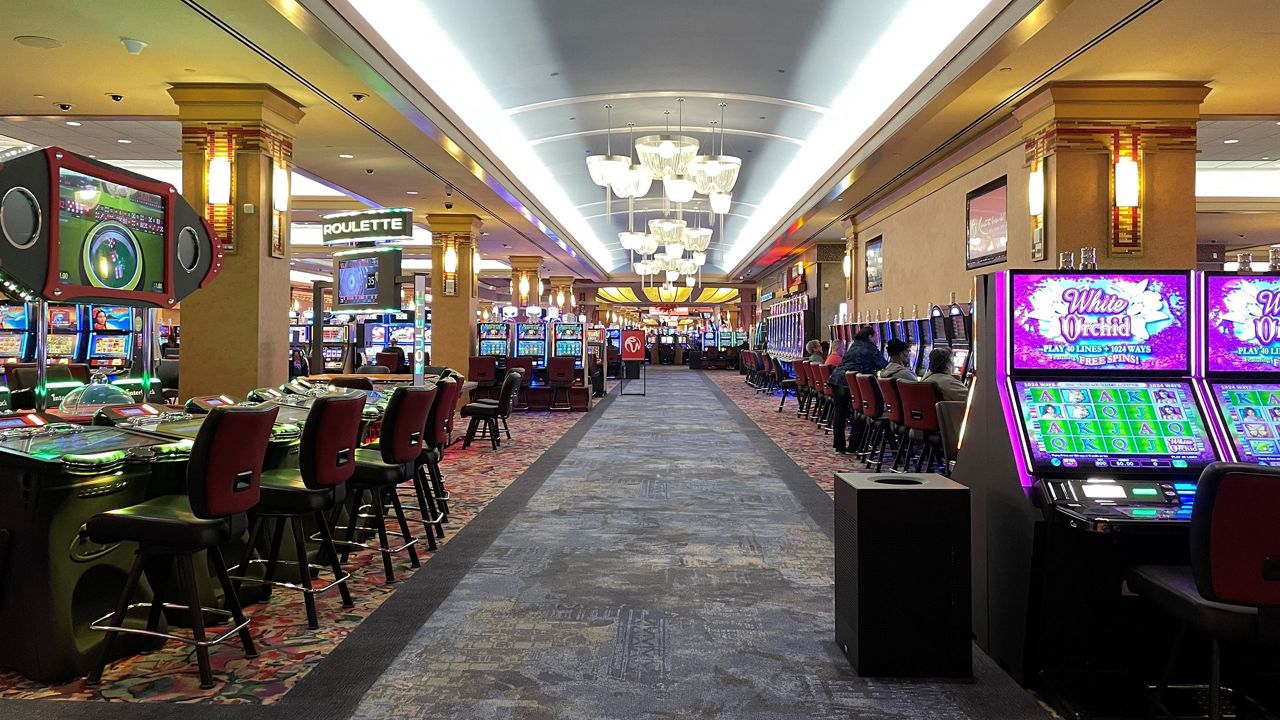When we think of gambling activities, the first images that often cross our minds are those of rotating wheel devices, poker tokens clattering on fabric tables, and cubes rolling across a betting surface. While numerous consider these activities as simple pastimes fueled by luck, a deeper exploration reveals a fascinating blend of strategy, expertise, and community interaction that elevates them far beyond simple luck. Whether you are a seasoned player or a curious newcomer, grasping the subtleties of these games can significantly enhance your enjoyment and understanding.
Gambling activities have evolved over centuries, with different cultures contributing to their diverse histories and variations. From the intricate strategies of 21 to the bluffing methods in poker, players engage in a contest of intellect as much as a gamble on numbers. This dynamic interplay between chance and expertise creates a exciting atmosphere that draws countless people to gambling establishments worldwide. As we explore the world of table games, we will reveal the methods that can tilt the odds in your advantage and the community elements that make these activities a favored choice for leisure and engagement.
A Approach of Casino Games
Table games frequently combine a blend of ability and chance, which makes them intriguing for participants who enjoy a challenge. Every game has their own set of guidelines and strategies that can affect the results. For instance, in games like blackjack, players are required to use tactics like card counting and understanding the odds to make informed decisions. This skill set can significantly improve the winning potential, distinguishing experienced players from novices who may depend entirely on chance.
In contrast, games such as roulette may seem to be entirely based on luck, but strategic thinking can also play into play. Players can choose between different wagering strategies, such as the Martingale strategy, where they raise the bets after a loss. GOOD88 This method can create a more methodical way to the game. Grasping the probabilities of specific bets can also assist participants make smarter decisions on the roulette table, showcasing that even titles of chance, strategy can enhance the experience.
Furthermore, poker is notable as a title that heavily focuses on tactics. Unlike most casino games, poker merges skill, psychology, and chance. Participants must not only concentrate on the hands they are given but also consider their opponents behavior and betting patterns. Mastering principles like table position, the odds of the pot, and interpreting bluffing is essential for winning. This complexity of strategy in poker often leads to a more immersive experience for participants, where their decisions and abilities greatly affect the match’s outcome.
Comprehending Likelihood and Odds
In the world of gambling games, probability and ratios hold a crucial role in deciding a gambler’s possible consequences. Every game has its own set of rules that define how the probability of winning or failing is measured. For instance, in games like blackjack, participants have a opportunity to influence their odds through tactics, whereas in matches like roulette, the results are entirely dictated by luck. Comprehending how these probabilities are measured can significantly affect how a player approaches the match.
Ratios are typically expressed in two forms: fractional and numeric. Ratio ratios show the ratio of the amount gained to the amount bet, whereas numeric ratios show the overall payout for a successful bet, including the stake. For instance, if a game has ratios of 5 to 1, this means that for every one dollar staked, a player could win five dollars if they win. Understanding how to understand these ratios allows players to assess their possible earnings and make more informed decisions during gameplay.
Gamblers should also be conscious of the house edge, which is the casino’s inherent advantage over the players. Each game has a distinct advantage, and understanding this idea is essential for controlling one’s expectations and funds. Activities with a reduced advantage, such as 21 and baccarat, typically offer better odds for players compared to activities like slot machines and keno. By recognizing the connection between chance, odds, and the casino advantage, players can improve their gaming engagement and strategize more efficiently.
The Aspect of Casino Table Games
Table games at casinos are often seen as a center of social interaction, bringing players together in a shared experience that goes far past the mere act of playing games. The atmosphere at a poker table can be electric, with gamblers engaging not only with the game itself but also with one another. Joy, cheers, and, occasionally, friendly banter create connections that improve the overall experience of the gaming experience. This communal aspect can turn a alone endeavor into a lively social event, making table games particularly enticing.
One of the fascinating elements of gaming at tables is the way it fosters camaraderie among participants. Whether it’s collaborating to defeat the dealer at a dice table or sharing stories between hands in a poker game, the environment encourages interaction. Players often share advice or strategies, creating a sense of togetherness that boosts the fun. This social dynamic can make new gamblers feel included and less intimidated by the competitive nature of casino games. As the game continues, friendships may form, leading to a sense of belonging that keeps participants coming back to the table. Nổ hũ GOOD88
Moreover, the social aspect of table gaming extends beyond just the players. Dealers play a vital role in encouraging interaction and maintaining the flow of the game. Their ability to engage players with warm dialogue and their expertise in managing the table can create an welcoming atmosphere. This connection between participants and dealers adds another layer of enjoyment, where players feel bonded not only to one another but also to the staff. Such interactions are often what make the experience memorable, as players leave with stories to tell and connections made, reinforcing the notion that gaming at tables are truly about something greater than luck.
